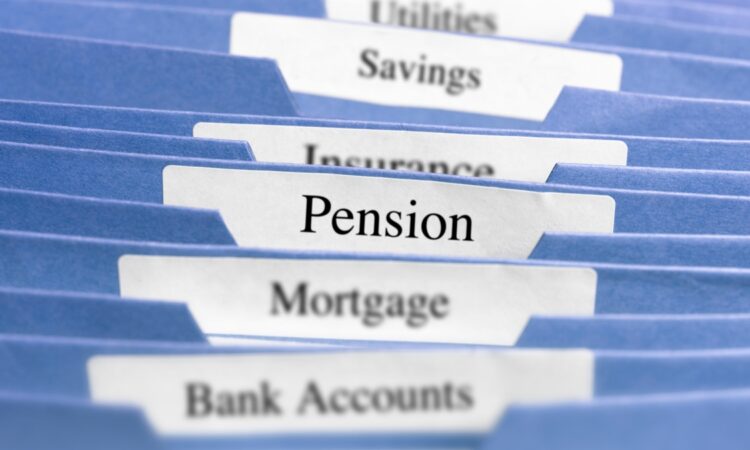Will the state pension age increase in 2023 Budget? What Jeremy Hunt’s announcement could mean for pensioners

After month of speculation, we will soon find out whether the Chancellor, Jeremy Hunt, will raise the state pension age at the Spring Budget.
The Budget is taking place on Wednesday, 15 March, and will be Mr Hunt’s second fiscal statement since becoming Chancellor last September.
He is expected to continue being cautious, limiting spending to reduce borrowing costs, and bring inflation under control.
Raising the state pension age would be one way to claw back funds for the Treasury, but would also be very controversial. Here’s everything you need to know about the current state pension age, and what could be announced on Wednesday.
What is the current state pension age?
People currently begin receiving their state pension when they reach the age of 66.
The age limit is based on ensuring no one spends more than one third of their adult life in retirement, taking life expectancy into account.
A 2017 Department for Work and Pensions (DWP) report explained the rationale behind state pension age increases: “It means that if we are to be fair to our children and ensure our society continues to be able to care properly for older people, we need to ensure that people spend on average the same proportion of time over state pension age. This is important – if we do this successfully, the prize is ensuring prosperity and wellbeing for all in later life, and delivering sustainable public services that support this.”
When is the state pension age going up?
The official age of retirement is regularly reviewed and changed to account for longer life expectancy. It was raised from 65 to 66 in 2018.
The state pension age is next due to increase in 2028, when it will rise to 67.
A further increase to 68 by 2046 is set in legislation, but the Government has proposed bringing this forward to between 2037 and 2039.
A report into this is due to be published in May. Any proposal would need to be approved by Parliament.
However, there have been months of rumours that the Chancellor may announce an increase during Wednesday’s Budget, before the report is complete.
i understands this is unlikely to happen, but it is yet to be categorically ruled out.
Last week, the Work and Pensions Secretary, Mel Stride, declined to comment on the Government’s thinking ahead of the Budget.
He said the Government would take into account life expectancy, regional differences, spending and fairness between generations when making a decision.
Helen Morrissey, head of retirement analysis at financial services firm Hargreaves Lansdown, said “accelerating the shift to 68 in state pension age will be a tricky balancing act”.
She said: “Increasing longevity has massively increased the cost of providing the state pension and this has been used as the rationale behind previous rises. However, there are signs now these increases in longevity are slowing, so accelerating the increase to 68 will seem harder to justify, especially given huge differences in longevity at regional levels, which show that not everyone can expect to live long enough to receive it.
“We also need to think about the issue of healthy life expectancy and the huge numbers of people who are simply unable to keep working into their late 60s. This could cause them severe financial hardship if they don’t have adequate pension savings to support their income until they hit state pension age. People need certainty as to when they receive their state pension so they can plan ahead, and an acceleration in the shift to 68 could really undermine people’s financial planning.”
The DWP said: “The Government is required by law to regularly review the state pension age, the second of which needs to be published by 7 May.”
More from Pensions and Retirement
How much is the state pension?
The current basic state pension is £141.85 per week, while the full state pension is £185.15 per week.
However, in April, the basic state pension will increase to £156.18, and the full state pension will rise to £203.85, after the triple lock was kept intact.
How much you get depends on your national insurance (NI) record.
People with no NI record before 6 April 2016 need 35 qualifying years to get the full state pension.
A qualifying year for state pension can be made up through combining earnings, NI credits, self-employment and voluntary contributions.
A qualifying year can be built up if:
- You are employed and earning over £190 a week (2022 to 2023) from one employer and paying NI contributions
- You are employed and earning between £123 and £190 a week (2022 to 2023) from one employer and are treated as having paid NI contributions
- You are self-employed and paying class 2 NI contributions (£3.15 a week in 2022 to 2023)
- You make voluntary NI contributions (£15.85 a week in 2022 to 2023)
- You receive NI credits
You can check to see how much state pension you should receive on the government website here.






